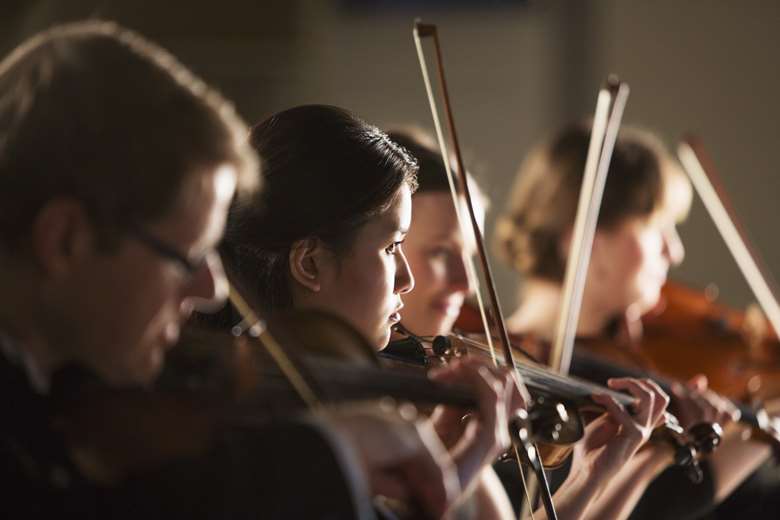The struggle for vulnerability: why classical musicians feel afraid to speak out
Hattie Butterworth
Thursday, June 10, 2021
Hattie Butterworth, cellist and recent conservatoire graduate, outlines some of the reasons why classical musicians struggle to be honest about their mental health


Register now to continue reading
Don’t miss out on our dedicated coverage of the classical music world. Register today to enjoy the following benefits:
- Unlimited access to news pages
- Free weekly email newsletter
- Free access to two subscriber-only articles per month



